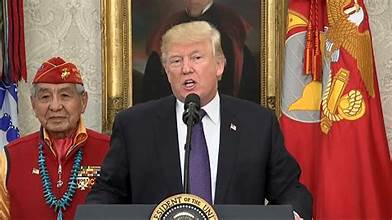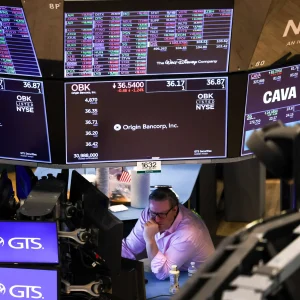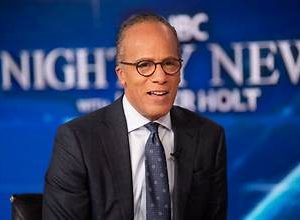Trump’s Position on Columbus Day
This week, President Donald Trump announced he would not recognize Indigenous Peoples Day. Instead, he promised to bring back Columbus Day, a move that sparked criticism from Native American activists. For many, this highlights the ongoing struggle for Indigenous representation in U.S. history.
Columbus Day, observed every October, honors Christopher Columbus, the Italian explorer. However, many Native Americans believe the holiday celebrates the wrong figure. Columbus’s arrival in the Americas marked the beginning of colonization and the atrocities against Indigenous peoples.
Biden’s Recognition of Indigenous Peoples Day
In 2021, President Joe Biden made history by recognizing Indigenous Peoples Day. This was the first time a U.S. president issued a formal proclamation honoring Indigenous contributions. However, Biden did not remove Columbus Day from the calendar. His recognition of Indigenous peoples was a step forward, but for many, it was not enough.
Trump’s Response
Trump has expressed strong support for Columbus Day, accusing Democrats of undermining Columbus’s legacy. He has claimed that they have attempted to “destroy” his reputation. Trump’s stance contrasts sharply with Biden’s, sparking debates over the role of Indigenous peoples in American history.
Indigenous Leaders Respond
Jonathan Nez, former president of the Navajo Nation, criticized Trump’s refusal to acknowledge Indigenous Peoples Day. He emphasized that this decision fails to respect the sovereignty and humanity of Native Americans. Nez argued that this move sets Native peoples back in their fight for recognition and equality.
Although Trump has recognized National Native American Heritage Month in November, his actions regarding Columbus Day suggest he does not fully embrace the calls for more accurate representation of Native American history.
The Growing Movement for Indigenous Peoples Day
The campaign for Indigenous Peoples Day has gained momentum in recent years. Many states and local governments have adopted the holiday, but it has yet to be recognized as a federal holiday. Advocates believe this shift is important for celebrating the resilience and contributions of Native peoples.
Columbus’s Legacy and the Need for Change
The debate over Columbus is not just about honoring a historical figure—it’s about how the U.S. chooses to represent its past. Many Native American leaders, such as Shane Morigeau, a Montana state senator, argue that the holiday perpetuates an inaccurate historical narrative. For them, this isn’t about erasing Columbus, but about offering a more honest version of history.
By recognizing the harm caused by colonization, activists hope to foster a better understanding of the Indigenous experience.
Continuing Advocacy for Indigenous Recognition
Bryan Newland, former assistant secretary of the Department of the Interior, stressed that the fight for Indigenous dignity is a generational effort. Regardless of who holds office, Native American communities will continue pushing for recognition, respect, and the acknowledgment of their role in the nation’s history.
While Trump may have revived Columbus Day, the push for Indigenous Peoples Day will not stop. Advocates will continue to challenge the narrative and work towards lasting change.





